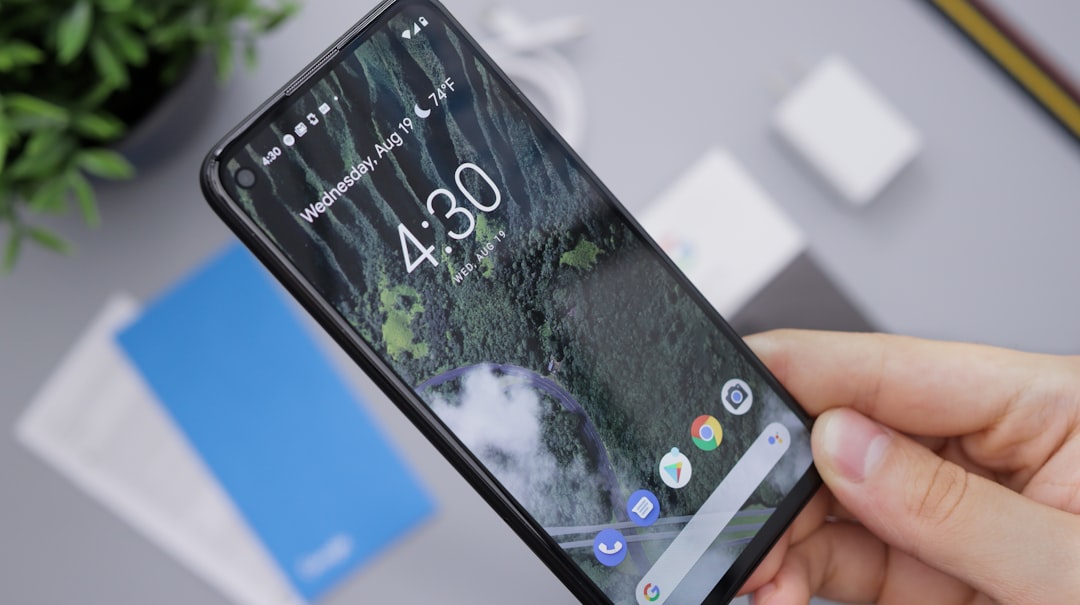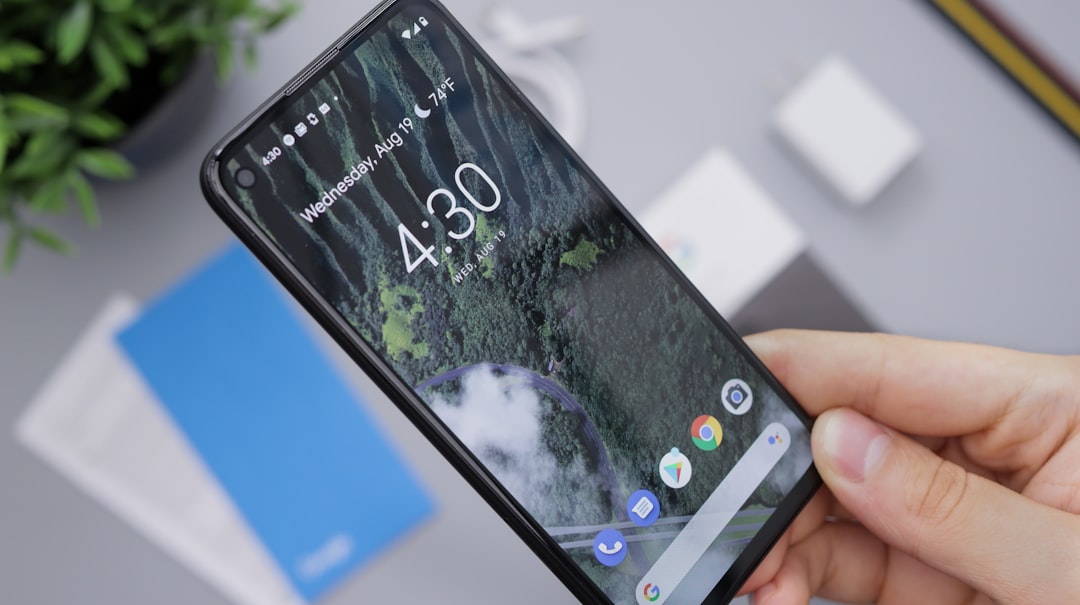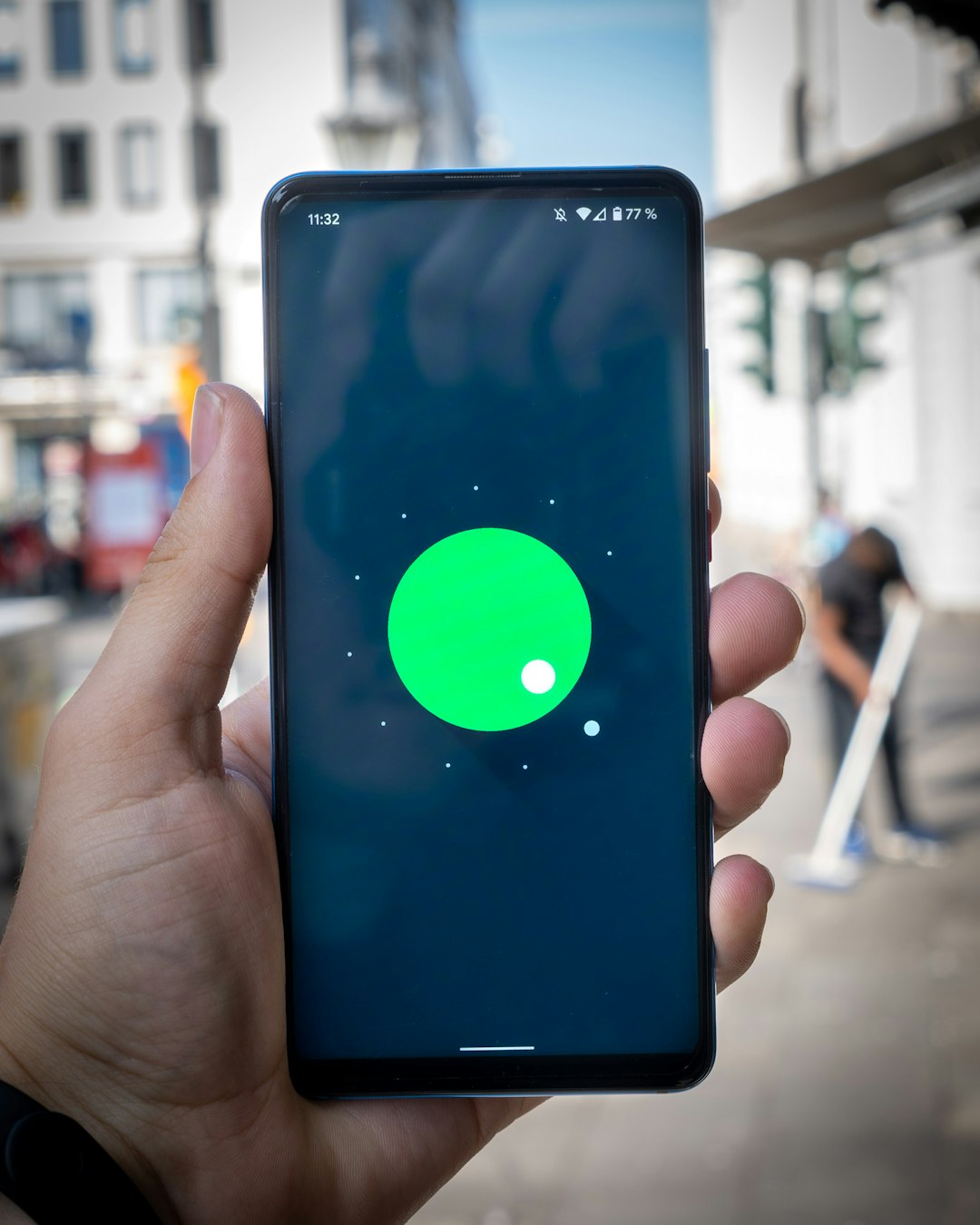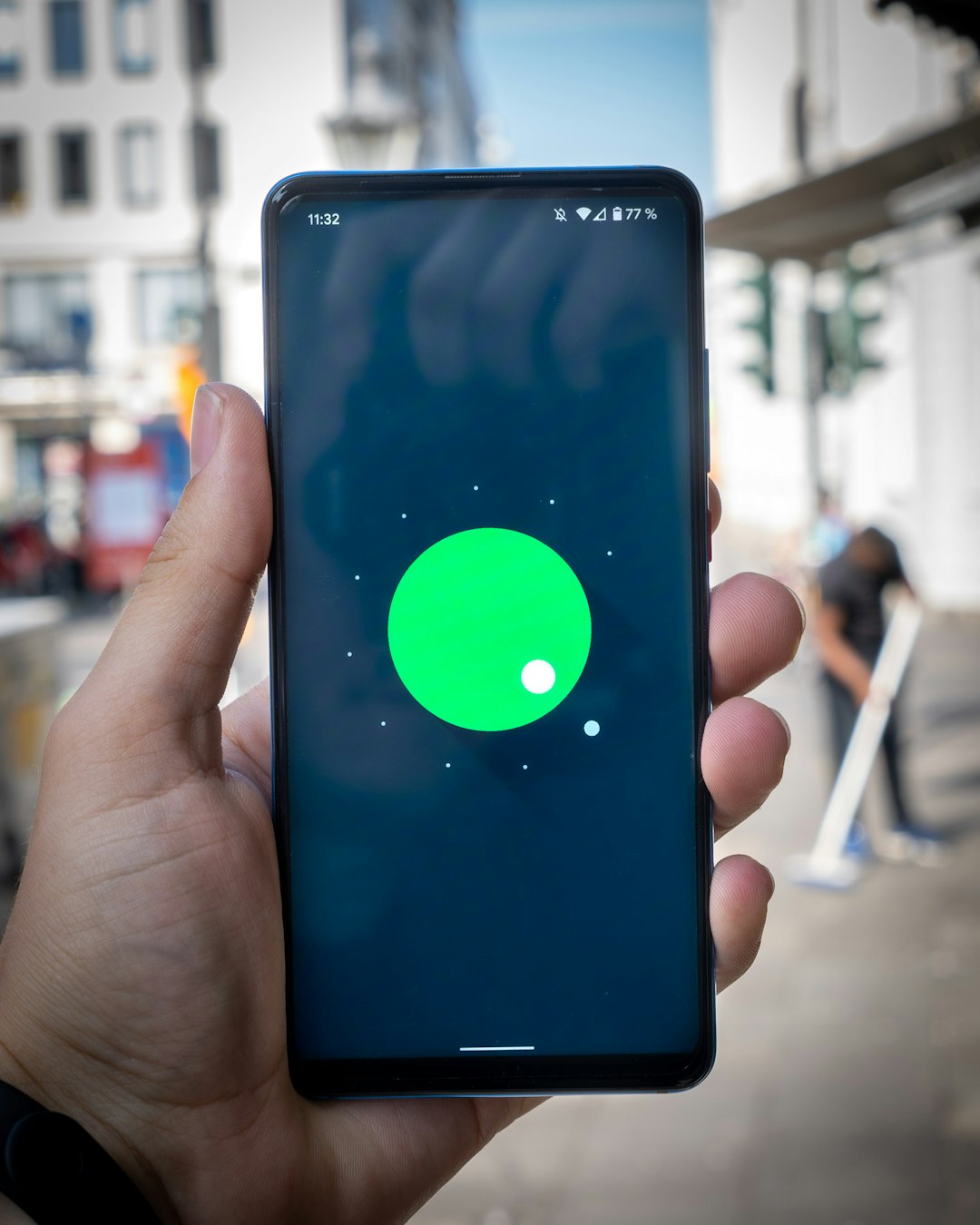West Virginia has stringent distracted driving laws prohibiting handheld device use while driving, with significant penalties for violations. These laws aim to enhance road safety by reducing accidents caused by cell phone distractions. Enforcement by local and state police involves pulling over vehicles showing signs of driver distraction and mandatory penalties for offenders, including fines, license suspension, community service, and educational programs. West Virginia 'Do Not Call' law firms play a vital role in promoting these laws and educating drivers about the risks of distracted driving. By combining legal provisions with technological solutions like 'Do Not Disturb' modes and apps that block distractions, West Virginia drivers can create a safer road environment for everyone.
In West Virginia, distracted driving laws have been tightened with a statewide focus on cell phone use. This article explores the intricacies of these regulations, delving into how they aim to enhance road safety. We analyze the ‘Do Not Call’ law, its key provisions, and enforcement mechanisms. Additionally, we offer practical tips for safe driving and direct readers to relevant resources. Understanding these laws is crucial for West Virginia residents and visitors alike to ensure compliance and promote safer roads. Explore more with top-tier Do Not Call law firms in West Virginia.
Understanding Distracted Driving Laws in West Virginia

In West Virginia, distracted driving laws are in place to reduce accidents caused by cell phone use while behind the wheel. These laws strictly prohibit the use of handheld devices for activities such as texting, making calls, or browsing the internet while operating a vehicle. Drivers found violating these regulations face severe penalties, including fines and potential license suspension.
Understanding and adhering to distracted driving laws is crucial for the safety of all road users in West Virginia. By minimizing distractions, drivers can better focus on the road, reducing reaction times and enhancing overall awareness. Remember, the responsibility lies with each driver to put away their phones and drive safely—it’s not just a matter of following the rules but also a commitment to preventing accidents and saving lives.
The Impact of Cell Phone Use on Road Safety

Cell phone use while driving has become a significant concern for road safety authorities across the country, including West Virginia. The impact of this behavior is substantial; it increases the risk of accidents and can lead to severe consequences for both drivers and other road users. Every time a driver engages in a text message or makes a call, their attention is diverted from the primary task of navigating the vehicle safely. This distraction even for a few seconds can result in reduced reaction times and impaired judgment, especially at higher speeds.
With the rise of smart phones and constant connectivity, the temptation to use these devices while driving has grown. Studies show that sending or reading text messages takes a driver’s attention away from the road for approximately 4.6 seconds—the equivalent of traveling nearly 100 feet at highway speed without looking up. In West Virginia, where distracted driving laws are in place, enforcing these regulations is crucial to reducing accidents caused by cell phone use and promoting safer roads for all.
Key Provisions of the Do Not Call Law

In West Virginia, the “Do Not Call” law targeting distracted driving specifically addresses cell phone use while behind the wheel. This legislation restricts drivers from holding or using a mobile device to make calls or send text messages, except in emergency situations. Law firms in West Virginia emphasize that this law is designed to protect both drivers and passengers by minimizing the risks associated with cell phone distractions.
The key provisions of the Do Not Call law include strict penalties for violations, such as fines and possible license suspension. Law enforcement officers have the authority to pull over vehicles displaying signs of driver distraction related to cell phone use. Additionally, the law encourages drivers to activate visual or audio warnings in their vehicles to deter others from using mobile devices while driving, fostering a safer road environment for everyone.
Enforcement and Penalties for Violations

In West Virginia, distracted driving laws have been implemented to combat the growing concern of cell phone use while behind the wheel. Enforcement of these laws is primarily handled by local and state police officers who are trained to recognize and document instances of drivers using their phones illegally. When a violation occurs, officers issue citations, which come with significant penalties. Fines for distracted driving can range from several hundred dollars to well over a thousand, depending on the severity of the offense. Points may also be added to the driver’s license, leading to increased insurance rates and potential suspension if a certain number of points are accumulated within a given timeframe. These strict measures aim to deter drivers from engaging in risky behavior that endangers both themselves and others on the road.
Beyond fines and penalties, West Virginia’s distracted driving laws often include community service requirements for repeat offenders. Educational programs or participation in safety workshops may also be mandated as part of the penalty. The goal is not only to punish but to educate drivers about the dangers of distracted driving and promote safer habits. Enforcement strategies are regularly reviewed and updated to ensure their effectiveness in reducing accidents caused by cell phone use while driving.
Promoting Safe Driving Practices: Tips and Resources

Promoting Safe Driving Practices: Tips and Resources
In West Virginia, distracted driving laws are in place to ensure everyone’s safety on the road, with a specific focus on cell phone use while driving. To uphold these laws, it’s essential for drivers to adopt safe practices and be mindful of their responsibilities behind the wheel. One effective strategy is to enable ‘Do Not Disturb’ modes on your device, silencing notifications and calls temporarily. This simple step can significantly reduce the risk of being distracted by your phone.
Additionally, there are numerous resources available to support drivers in adopting safer habits. Consider using apps that block certain applications or websites during driving hours, such as those designed for teens who are learning to drive. Many insurance companies also offer incentives and programs that encourage safe driving behaviors, including discounted rates for policyholders who complete defensive driving courses or use hands-free devices. By combining these tips and resources, West Virginia drivers can contribute to making the roads safer for everyone.






